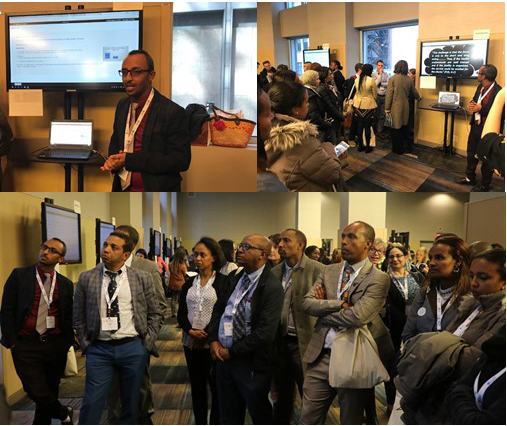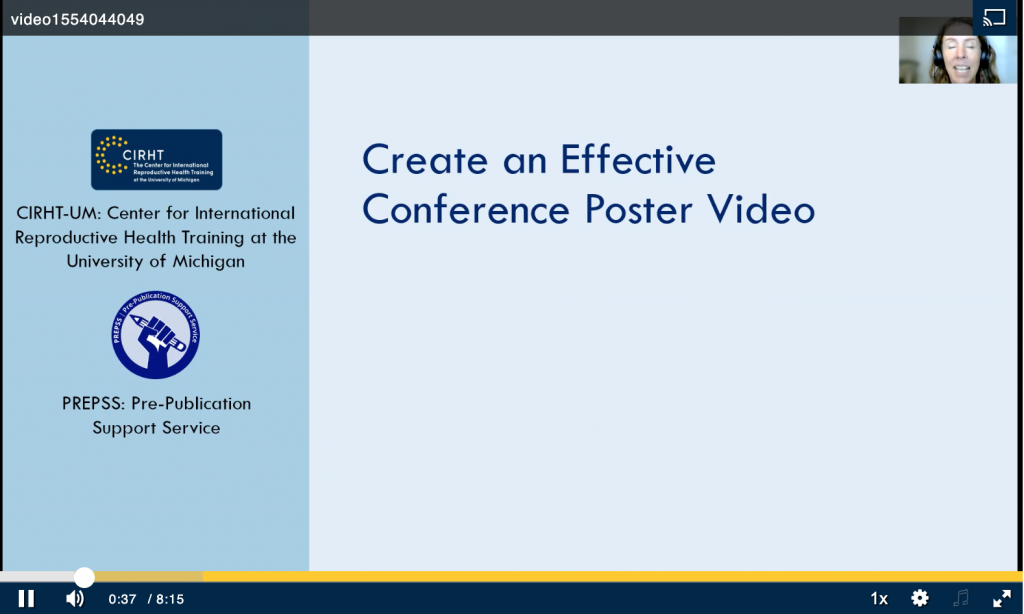Permanent contraception: Neglected family planning option in Addis Ababa, Ethiopia

CIRHT partner: Permanent contraception: Neglected family planning option in Addis Ababa, Ethiopia.
Authors: Asires1, Y. G. Tadesse2; 1Addis Ababa University, obstetrics and gynecology, Addis Ababa, AA/ET, 2CIRHT, Ethiopia , Addis Ababa/ET
Background:
Family planning services have been promoted as critical in giving couples the freedom to space and plan the number of children they wish. Among other contraceptive methods, sterilization is an important option for individuals and couples to control their fertility. In Ethiopia, there is an increase in the practice of modern contraception. But the prevalence of female sterilization is less than 1% and vasectomy is not reported as its contribution was negligible. Therefore, this study aimed to explore factors contributing for low utilization of permanent contraceptive methods among married women of reproductive age group in Addis Ababa, Ethiopia.
Methods:
Phenomenological study design was used. Mothers (n=13) who want to limit their family size currently using modern family planning methods other than permanent methods were purposively sampled for in depth interview and focus group discussions were conducted among health care providers leading and working family planning units of hospitals and health centers. Data were transcribed, translated and coded using N Vivo 11 software. Thematic analysis was performed and data were categorized in to themes and sub themes.
Findings:
Knowledge towards permanent family planning methods is limited. Most of the respondents described permanent and long term family planning methods interchangeably. Health care providers also mentioned IUCD as one type of permanent contraceptive method. Most providers mentioned that they don’t give emphasis on counseling about permanent contraceptive methods as they believe even if the women opt for it, they are not sure where the service is currently available. Mothers also stated that they thought the service is available in hospitals but were not counseled or didn’t get the service even after few requested by themselves.
Interpretation:
The national policy is not designed to promote the utilization of permanent contraception in terms of availing the service, improving knowledge and skill of health care providers. Even with the available services, there is no clear information and referral system in the health care. Women who attend family planning clinics, despite wanting to limit their family size, have limited awareness and opportunity to use permanent contraceptives.
Source of funding:
CIRHT (Center for International Reproductive Health Training) at the University of Michigan
Topics: Governance, Health Systems-Public Institution Strengthening







